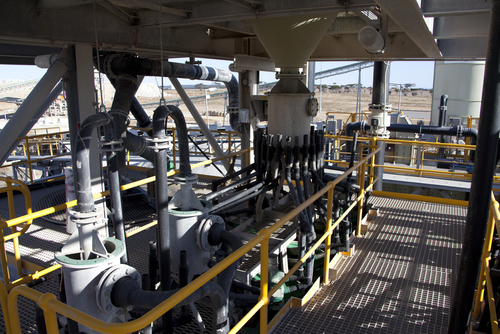- Lithium Australia has successfully extracted lithium phosphate from water materials using its SiLeach Process
- This process can also be used to remove siliceous materials for the recovery of gold
- The Process of this is done to ensure the consistency of quality for the production of LFP batteries
Lithium Australia has successfully extracted lithium phosphate from waste materials using its SiLeach process.
SiLeach is a processing environment which digests and recovers all significant metals from the mineral treated. It can be applied to a wide range of lithium feedstock with low energy consumption and high metal recoveries.
The process has also been tested on refectory gold ores to remove all siliceous gangue material from the ore prior to the recovery of gold. This could become the benchmark for the extraction of a range of metals from silicates.
Previously Lithium Australia successfully produced lithium iron phosphate (LFP) batteries from unrefined SiLeach generated lithium phosphate. This process was developed to ensure consistency of quality for the production of high performing LFP batteries.
The performance of the batteries was then tested at Lithium Australia’s cathode powder pilot plant in Brisbane.
The refined lithium phosphate was then used to manufacture cathode powder and LFP coin cells which were subjected to standard testing regimes. The results indicated the refined lithium phosphate is an ideal component for the manufacture of high-performance powders.
Earlier in the year Lithium Australia partnered with Chinese battery producer DLG battery, to supply and sell lithium-ion batteries, packs and modules throughout Australia.
The venture aimed to improve the availability of lithium-ion-phosphate and lithium-nickel-manganese-cobalt batteries to consumers and manufacturers in Australia. This was completed by making sure stock levels were maintained and met the rapidly rising demand.
Lithium Australia is confident the LFP products will have significant advantages than those produced using a more conventional lithium carbonate.
“When compared with other lithium chemicals, high-purity lithium phosphate is a winner when it comes to producing LFP batteries, providing two of the fundamental components for the generation of the cathode while simultaneously eliminating the requirement for lithium carbonate or lithium hydroxide,” Managing Director Adrian Griffin said.

